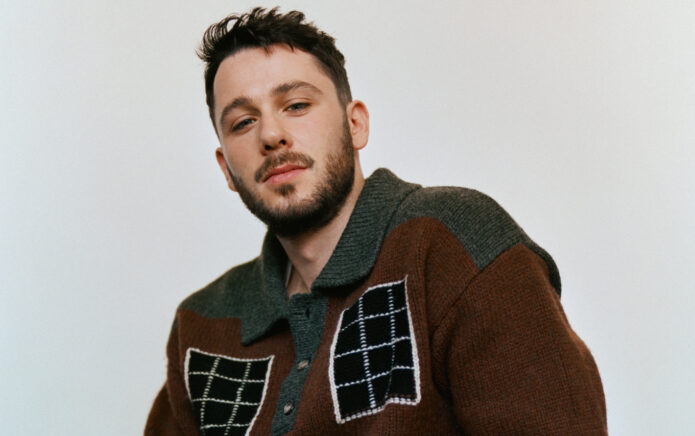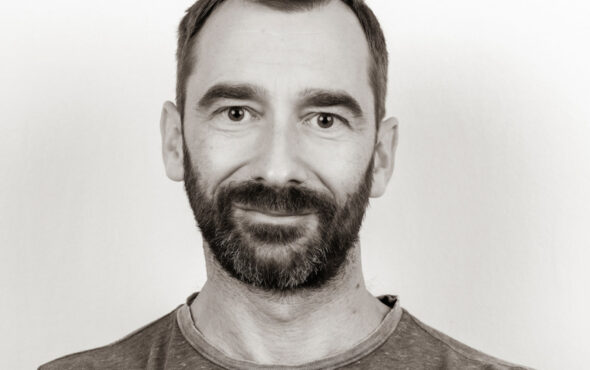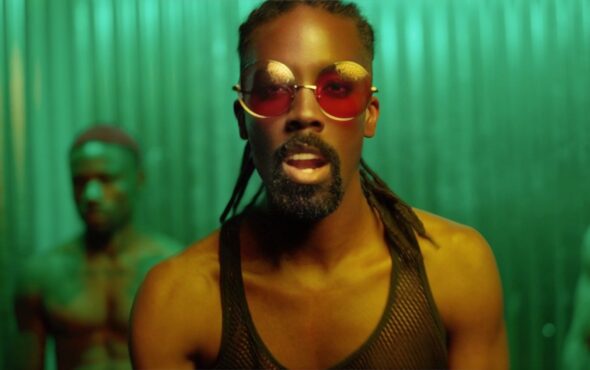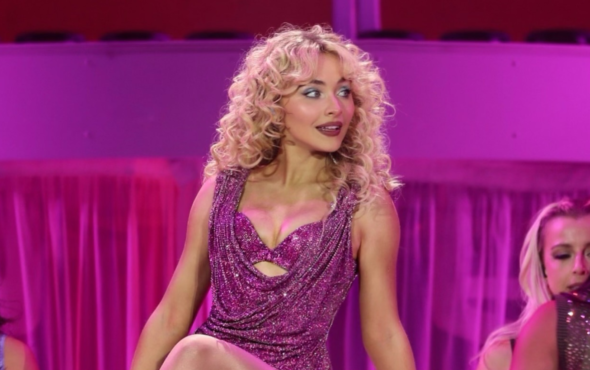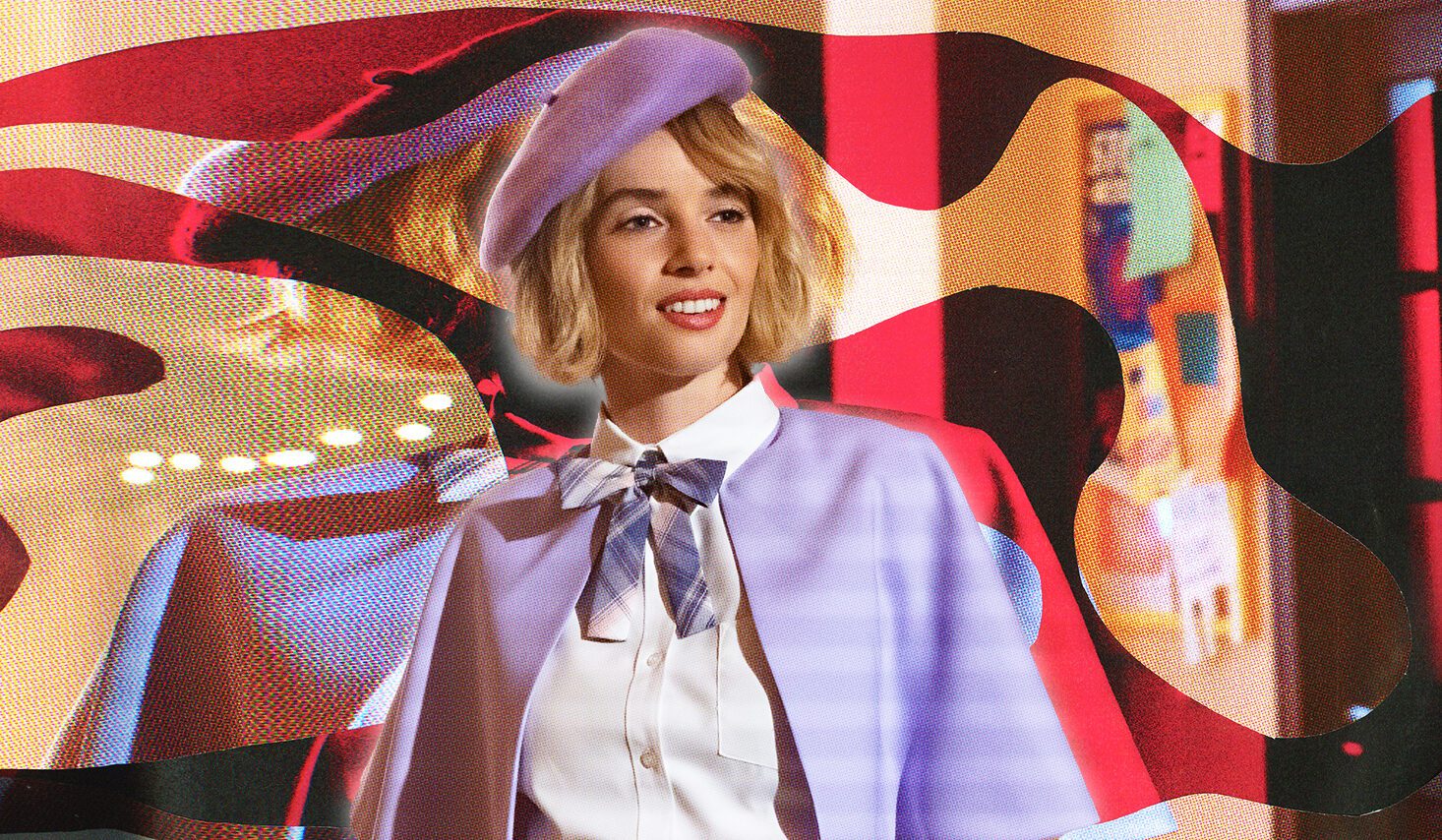
When I was 12 and feeling confused about my sexuality, I did what I’d always thought you should do when you have a secret: I told my best friend at a sleepover. To my horror, by Monday morning it seemed the pinky-promise had meant nothing. She had told everyone. And it was worse than I thought – someone came up to me in the hall and said, “She said you tried to force her to kiss you.” I was horrified. Not only was that not true, I’d been outed without my consent.
To people who haven’t experienced it, the feeling of being exposed in this kind of way is hard to describe, it’s like that nightmare where you go to school naked. It’s like a trap door just opened under you. In Do Revenge, two girls team up to get revenge on each other’s enemies. Drea wants revenge on her ex who leaked her nudes. Eleanor wants revenge on the girl who outed her as queer and “made her into a predator” – the same way my friend did to me.
This was the first time I’d seen an outing plotline in a teen movie and I was thrilled it was being covered on the big screen. My first thought was about how seen I would have felt if I had watched this at a sleepover when I was younger and how it might even have changed the actions of my friend. But as the movie went on, my feelings got a little more complex.
The history of the queer villain as a trope is messy. It dates back to the ‘Hay’s Code’ which was a censorship code for movies made between 1934 and 1968, which banned any positive depictions of LGBTQ+ characters. This lead to many villains being queer or queer-coded and although many of these characters are beloved by queer people, the trope can still be harmful.
After all, it’s not ideal to grow up only seeing representation of people like you on screen who are evil. But, it can be really compelling to see these queer characters wield so much power in a situation and sometimes the queer villains are far more interesting characters than the cookie-cutter bland heroes. So, it’s complicated.
On paper, Eleanor is undoubtedly a villain. First off, she hits Drea with her car and threatens to frame her mum with drugs. She does it all for personal gain, pretty indefensible. She’s also written as much more of a cunning mastermind than Drea. We are told to empathise with Drea because we are led to believe she has to be ruthless because of her background. Not being the rich white girl with infinite connections means she has had to fight to get to the top and fight even harder to stay there. It’s framed as the only way.
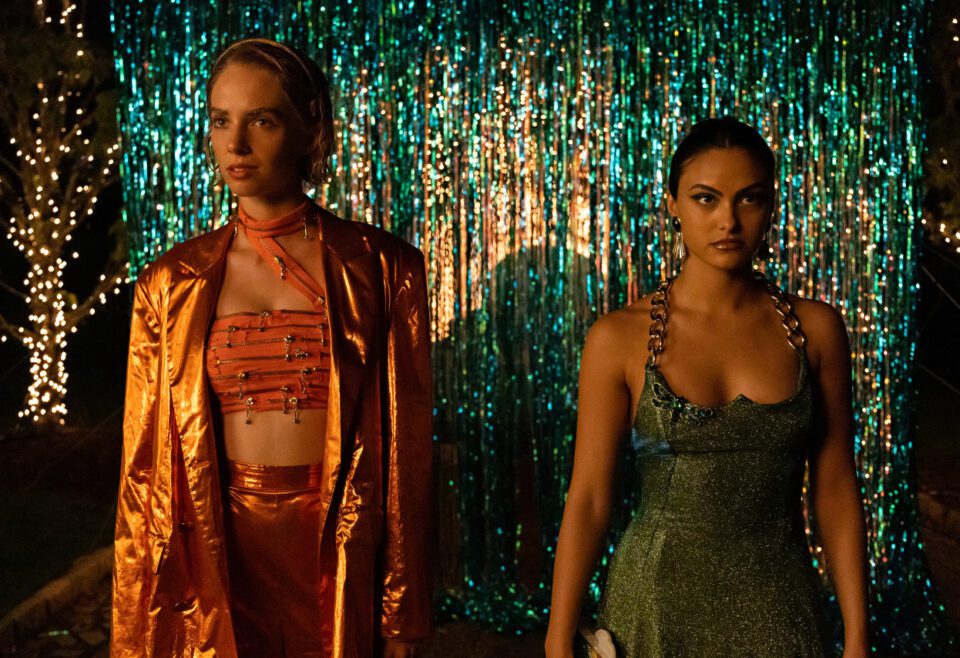
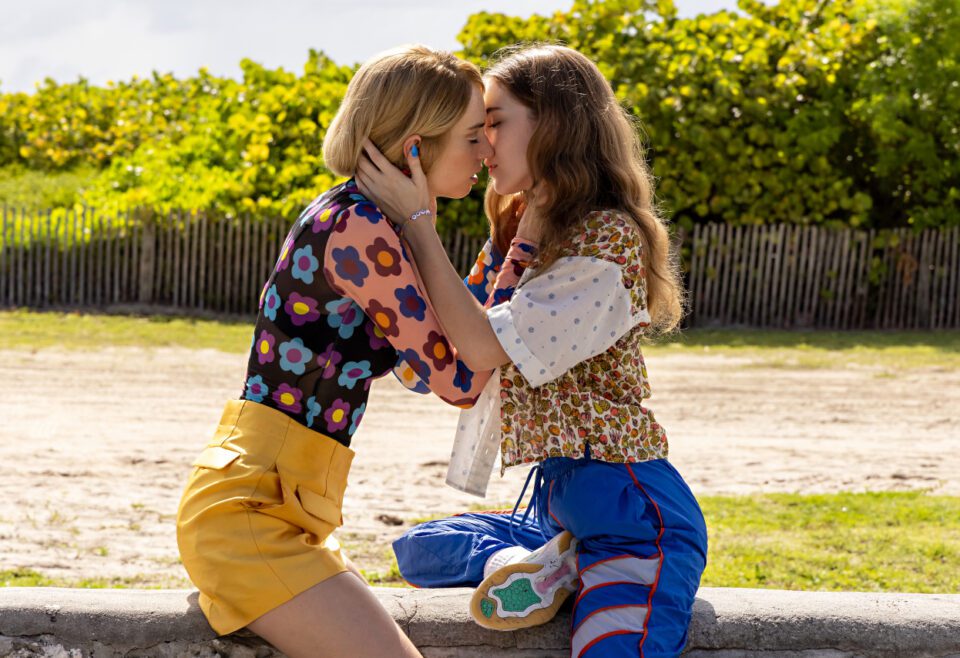
But for Eleanor, we don’t have a lot of context for why she is a villain, her origin story involves her being bullied for being queer and having a big nose. It seems also a problematic amount of explanation hinges on her being a “psycho” which feels a little lazy and pretty insensitive.
Now, I’m not advocating for queer characters to always be perfect people. But there’s a difference between a morally ambiguous character who is making bad choices and a villain. By the time we get to the third act it’s almost cartoonish how evil Eleanor becomes, manipulating and blackmailing Drea. She’s practically cackling like a Disney witch as she threatens to make a very racially loaded attack on a working class immigrant family by framing Drea’s mum for drugs.
I think the choice to send the main queer character into full “psycho” mode as they unfortunately call it was not one done maliciously, but it leaves a bad taste in my mouth. Especially because when we get to the climax, she does a complete u-turn and the girls team up again. It left me wondering what was the point in the very heavy-handed demonising of a queer character who was just going to be clumsily redeemed two scenes later?
I think the ending of this movie is probably a case of hasty studio note rewrites. It felt like any message the writers intended got muddled up in a few too many plot twists, which was a shame.
Ultimately, despite its problems, this movie made me reflect on my own past, how my outing affected my ability to trust people and made it harder to come to terms with my sexuality. It made me wonder if, like Drea, my friend from when I was 12 might not even remember doing this to me. Maybe she’d read this article and not understand it’s about her.
It also made me realise that it’s okay that there’s a part of me who has found forgiveness and also that little part of me who still wants justice for what we go through growing up LGBTQ+, albeit not in Do Revenge style!
But one thing is for sure, judging by the reception, Gen Z are ready to see complex queer characters on screen. Here’s hoping this will lead Netflix to make more of these exciting vibrant queer teen movies and less ‘Kissing Booth’s.
Amy volunteers with Just Like Us, the LGBTQ+ young people’s charity. Sign up now to receive their newsletter.
